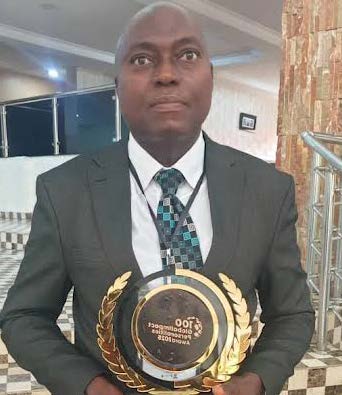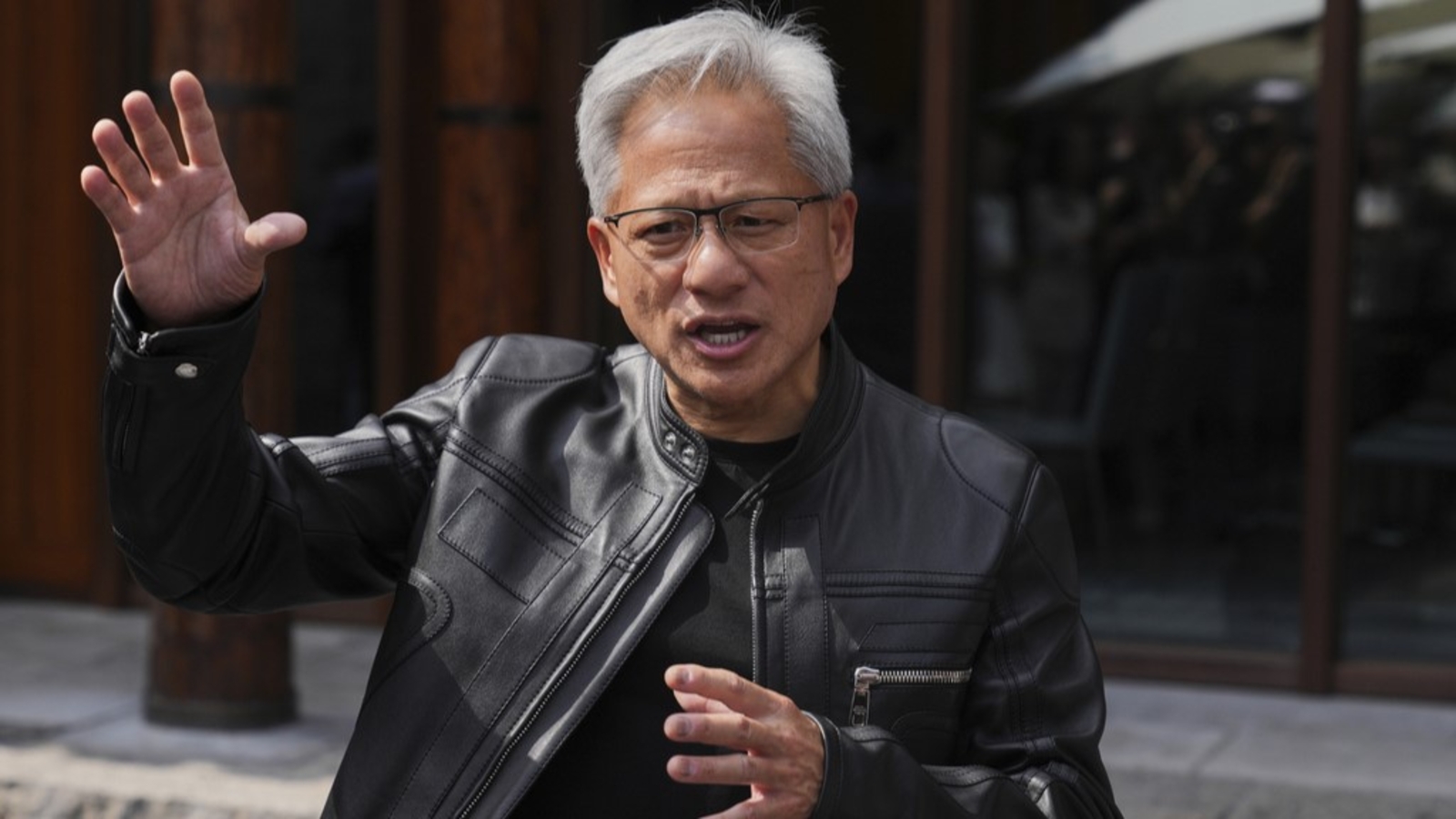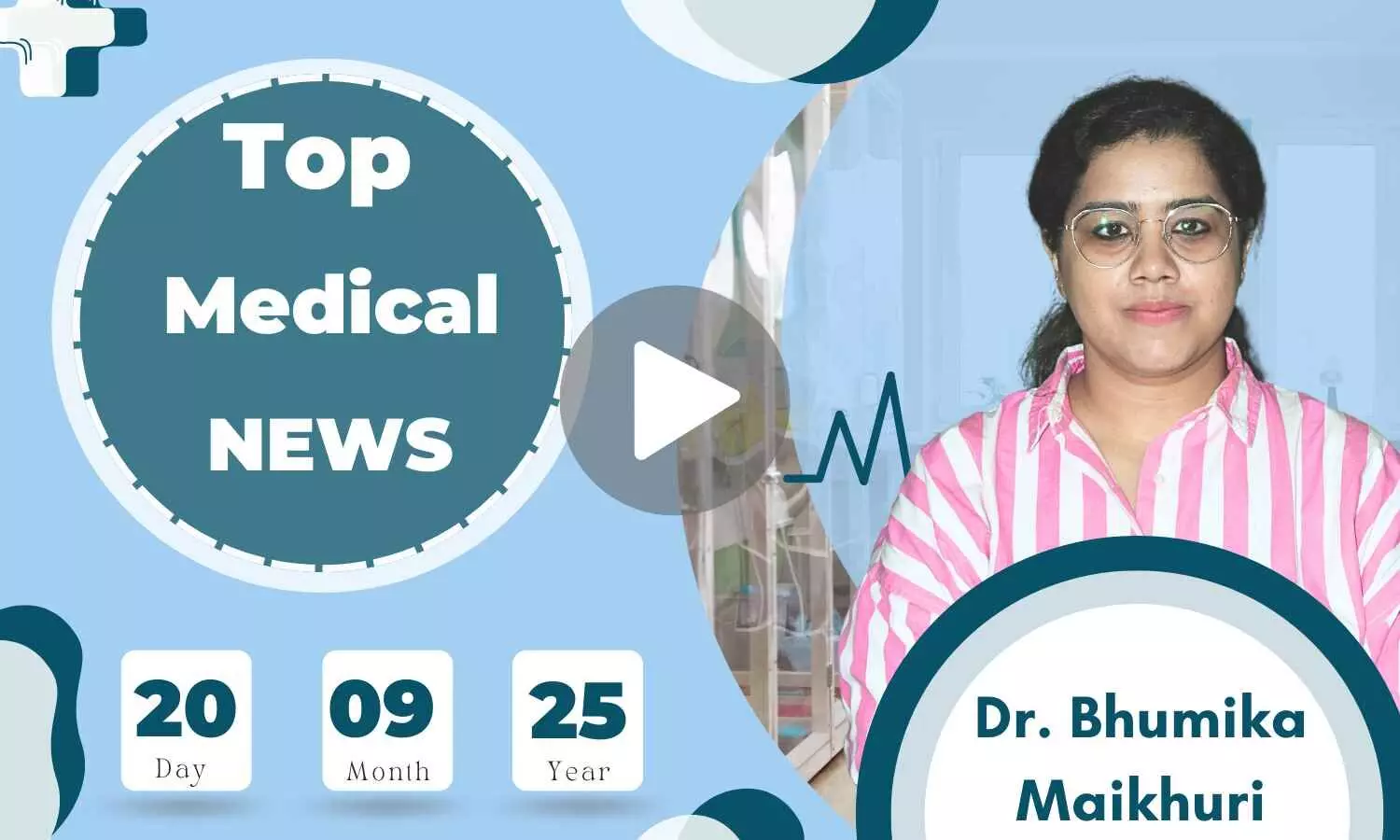By Ejikeme Omenazu
Copyright independent

Engr. Dr. Cletus Onyemhese Agbakhamen, a distinguished engineer and renowned Climatologist recently honoured at the Global Impact Personalities Summit and Awards organised by African Intercontinental Network in collaboration with the Ministry of Foreign Affairs in Abuja. In this interview he spoke on the need for younger professionals to see safety and environmental responsibility as the heart of true leadership, his journey to the top, his blueprint for success and sundry issues. EJIKEME OMENAZU brings an excerpt:
Congratulations on receiving this global award. Could you tell us what it means to you?
This award is a humbling rec-ognition of years of dedication to engineering, occupational health and safety, and climate change ad-vocacy. For me, it is not just a per-sonal honour, but a call to continue creating impact—protecting lives, advancing innovation, and inspir-ing sustainable practices across industries. It affirms that the work we do in engineering, safety, and sustainability resonates globally.
What was going through your mind when you were informed about the nomination of the award?
Honestly, it came as a surprise. I felt a deep sense of gratitude and re-sponsibility. I felt gratitude to God, my family, my mentors, and my colleagues who have supported me through my journey; and responsi-bility to continue being a voice for engineering innovation, safety, and environmental stewardship.
What inspired you to pursue this profession, and what challenges did you face along the way?
My inspiration came from a passion for solving problems and protecting people through engineer-ing and safety. I chose engineering because it blends creativity with problem-solving. The oil and gas industry, where I have spent many years, is high-risk, and my drive has always been to ensure no life is se-riously injured or lost in pursuit of progress. The challenges have been many — bridging theory with prac-tice, being innovative in finding and adapting to better alternative solutions, and balancing resource constraints, cost, and schedule with safety and environmental respon-sibility.
What is your response to the 100 Global Personalities Summit and Awards you just received?
This recognition is not just a personal milestone; it is a clarion call to deepen my commitment to environmental stewardship. This award reaffirms the power of con-sistent action, community engage-ment, and strategic advocacy in addressing the pressing environ-mental challenges we face. I see it as an encouragement to continue championing sustainability not only through professional practice but also by inspiring the next gen-eration to take ownership of their environment.
I dedicate this award to every un-sung hero — the volunteers, teach-ers, waste pickers, environmental educators, and young activists — who are working tirelessly to make their environment cleaner, greener, and more resilient.
Could you walk us through your journey and highlight any pivotal moments that contributed to your success?
My journey has been shaped by years of diverse engineering practice. It began at the University of Benin, where I studied Electri-cal/Electronic Engineering, and was further shaped by my time at Michelin and Chevron where I had diverse and progressive engi-neering roles in automation and control, process engineering, proj-ect and construction engineering leadership roles. Another turning point was pursuing my PhD in Cli-mate Change and Environmental Sustainability, which expanded my focus to global environmental solutions.
How do you think your work would impact others, and what legacy do you wish to leave behind?
I want my work to show that engineering, safety, and environ-mental responsibility must always go hand-in-hand. My hope is to in-spire younger professionals to see safety and environmental responsi-bility not as obligations, but as the heart of true leadership. My hope is that others see engineering as a force for making workplaces safer, advancing innovation responsibly, and creating sustainable solutions for future generations.
In what ways would your achievements inspire or influence others in your field?
This award is evidence that ex-cellence and integrity in one’s pro-fession gets noticed. I believe it will inspire others to do their work with integrity, responsibly, to prioritise human lives above profits, and to remain committed to sustainable development even when it is diffi-cult.
What advice would you give to others aspiring to achieve similar success?
First, build a strong foundation in your core discipline—master the basics. Second, embrace challeng-es as opportunities to grow. Third, build resilience, because success is not without setbacks. Finally, al-ways anchor your work on values of integrity and service.
Looking back on your journey, what are some key lessons you’ve learnt, and how have they shaped you?
I learnt that true leadership is about service and concern for hu-man lives. I also learnt that inno-vation without safety is incomplete, and that sustainability must guide our decisions. These lessons have shaped me into a professional who measures success not by titles, but by lives impacted.
How does it feel using this platform to further your work or support others in your field?
It feels empowering. The sum-mit provides a platform where en-gineering experiences from oil and gas, construction, and other fields can be translated into lessons and inspiration for others across the world. It is an opportunity to mul-tiply impact, not just through one voice, but through the collabora-tions it will inspire.
Who is your mentor in this field? How will you describe his impact in your life and profession?
My ultimate role model is Je-sus Christ, whose life of service, humility, and sacrifice guides my values. Professionally, I have also been blessed with mentors and col-leagues who emphasized discipline, excellence, and getting results the right way. Their combined impact has helped me integrate engineer-ing, leadership, safety, and compas-sion into my profession.
What is your advice to the government on checking environmental degrada-tion?
My advice to the government is threefold — institutionalise, incen-tivise, and integrate. Institution-alise environmental accountability: It would be good to strengthen en-forcement of existing environmen-tal laws. Agencies like NESREA and state-level environmental protec-tion agencies could be equipped, in-dependent, and performance-driv-en. Sanctions for pollution could be swift, transparent, and deterrent.
Incentivise the green economy: Another good idea is to prioritise investment in the circular econo-my — waste recycling, renewable energy, and eco-entrepreneurship. Offer tax breaks, start-up grants, and technical support for green businesses. This will not only curb environmental degradation but also create jobs and reduce pov-erty. Integrate sustainability into national planning: Environmental considerations could be a baseline requirement in all infrastructure projects, budgeting, and urban plan-ning. There should be collaboration between bodies to ensure that envi-ronmental impact assessments are not mere formalities but function-al tools for resilience. In summary, there is a need to shift from reactive clean-up efforts to preventive, sys-temic reforms that embed environ-mental consciousness at all levels.
Do you think Climate Change should be taught in Nigerian schools from primary to university levels?
Teaching climate change from primary to university level is not optional. It is essential if we truly love the protection of our envi-ronment. We are raising children in a world where climate risks — flooding, heat waves, food insecu-rity — will shape their daily lives. If we do not equip them with the knowledge and tools to understand and respond to these threats, we are failing them. Climate Change edu-cation should be embedded across disciplines — in science, geography, agriculture, economics, and even civic education. At the primary lev-el, it starts with simple habits like waste segregation and tree plant-ing. At the tertiary level, it must ex-pand into research, innovation, and policy design. By making climate education a core part of the cur-riculum: We build a generation of problem-solvers and innovators; we demystify environmental science and foster local solutions; and we ensure we are not just reacting to climate challenges, but proactively contributing our quota to taking care of the beautiful environmen-tal gift from our loving creator. If we want a green environment, we must start by greening the minds of our young people.
What would you say are your guiding principles?
Dr. Agbakhamen believes that life is not measured by the wealth we accumulate or the titles we bear, but by the positive difference we make in the lives of others, the environment we leave behind, and how we demonstrate gratitude to God by our actions for the gift of life and the earth he has given to us. My guiding philosophy is rooted in three core values: Purpose, Legacy, and Responsibility. Purpose means living intentionally — using every gift, opportunity, and platform to create value for others. Legacy is about planting trees whose shade we may never sit under. It’s about lifting others, mentoring the next generation, and ensuring our ac-tions today positively impact our lives and those of others in the future. Responsibility means un-derstanding that each of us is a steward — of knowledge, of peo-ple, and of the planet. Whether in the workplace, the classroom, or the community, we must act with integrity and accountability. I be-lieve strongly in a very caring and loving creator, Jehovah, carefully crafted the earth, its environment, and everything therein, and gave it to us as a beautiful gift, along with the responsibility to take care of it. The least we can do in appreciation of this wonderful gift is to do our utmost to protect it for ourselves and for the generations yet unborn.



